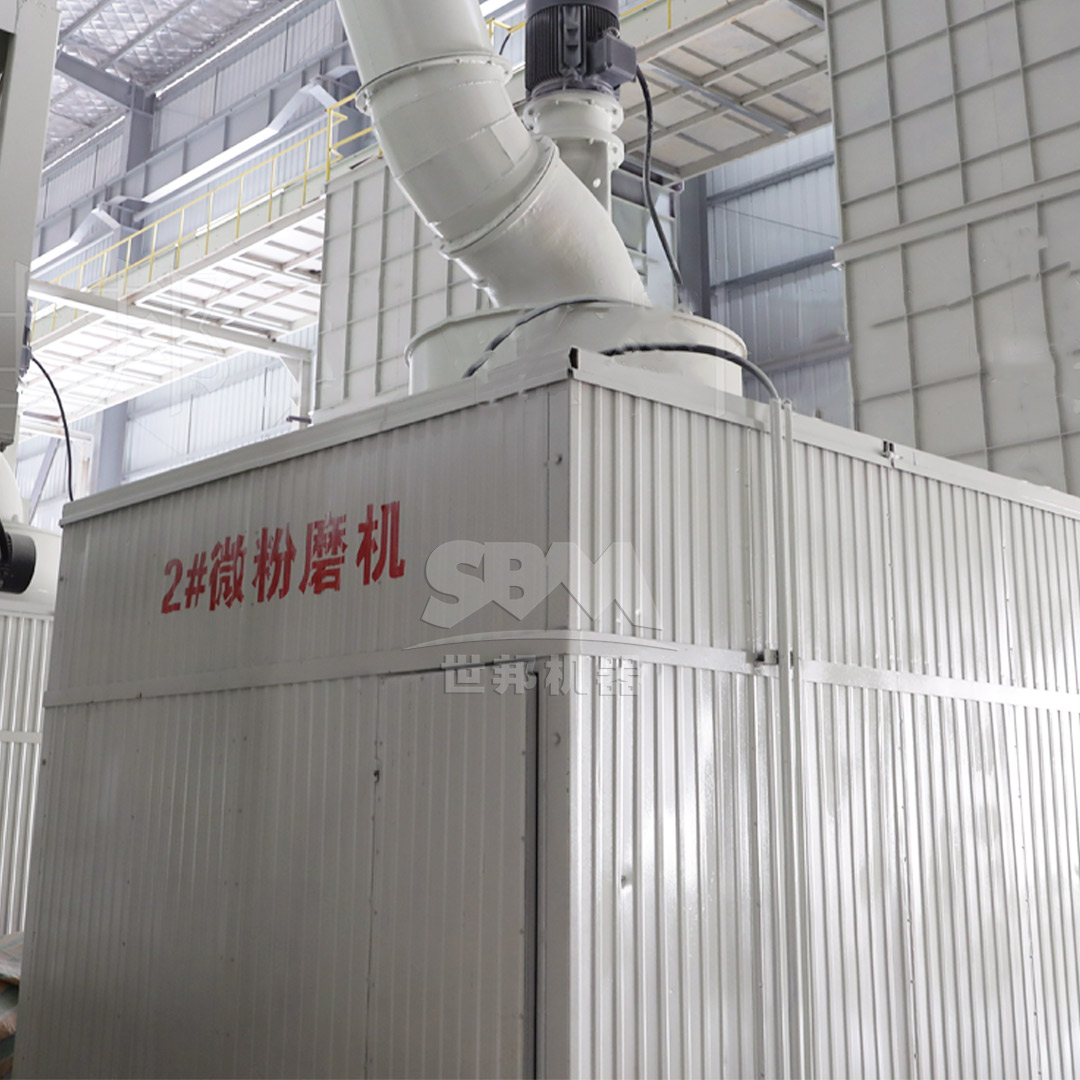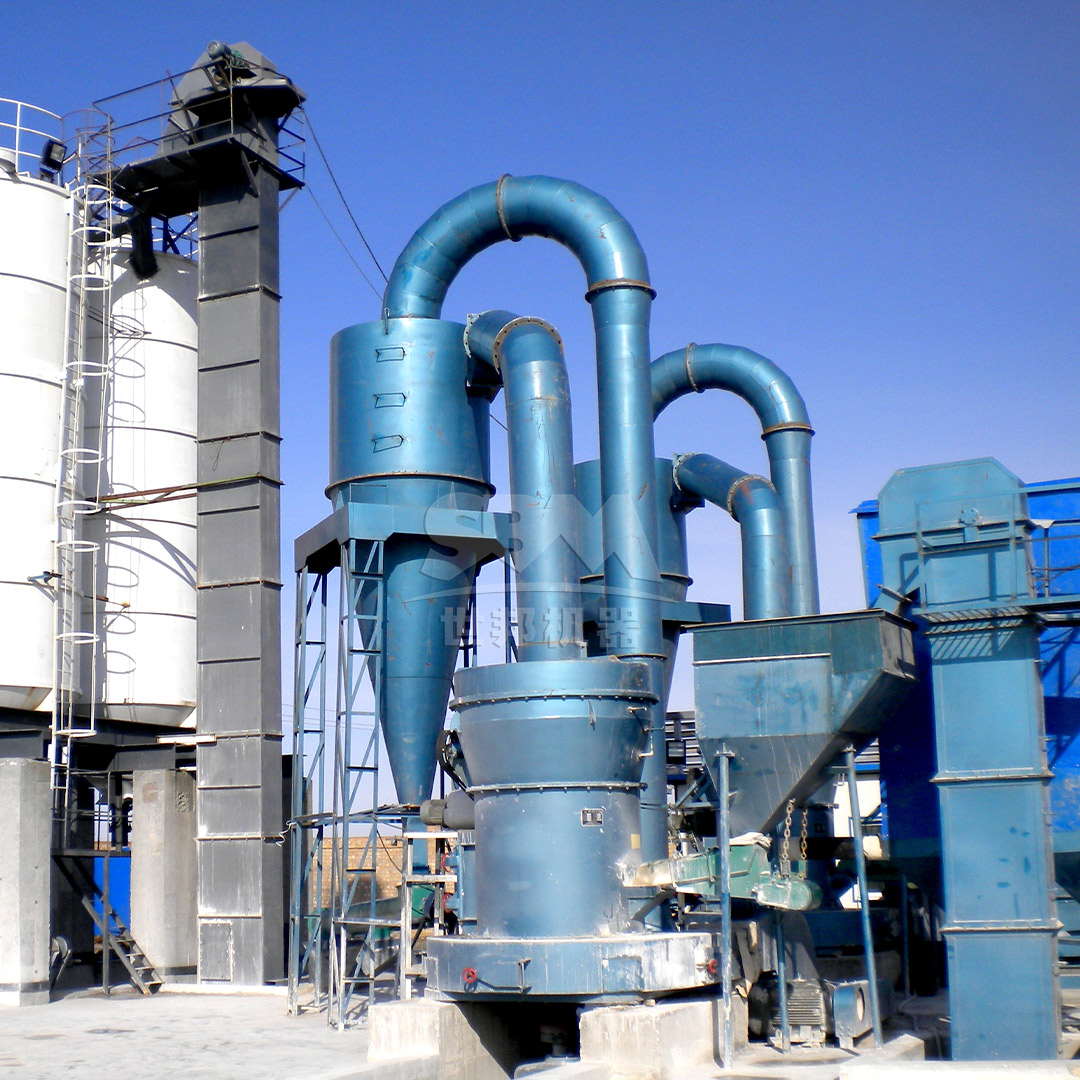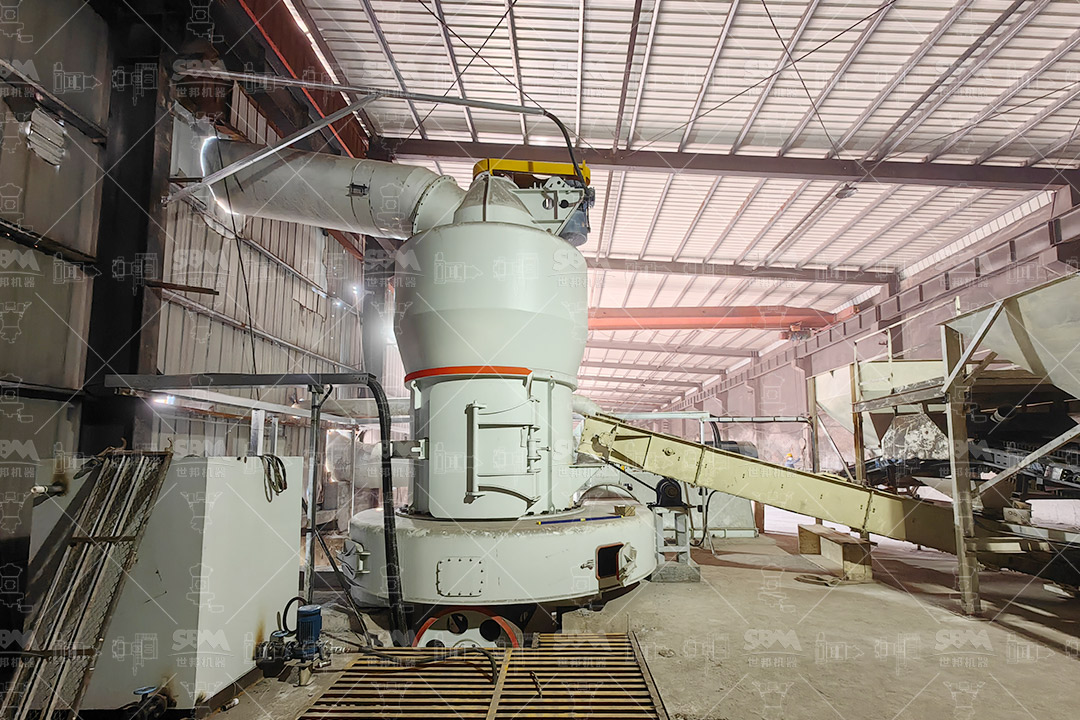Gypsum powder is a valuable soil amendment in agriculture, known for its ability to improve soil structure, enhance water infiltration, reduce soil erosion, and provide essential calcium and sulfur nutrients. The effectiveness of gypsum largely depends on its fineness and uniformity, which directly influence its solubility and interaction with soil particles. Therefore, selecting the right grinding equipment is crucial for producing high-quality gypsum powder that meets agricultural standards. This article explores the importance of gypsum in soil improvement and highlights the best machines for producing fine gypsum powder, with a focus on efficiency, durability, and environmental sustainability.
Gypsum (calcium sulfate dihydrate) is widely used in agriculture to address various soil issues. It helps in breaking up compacted soils, especially those with high clay content, by flocculating clay particles. This improves soil aeration and root penetration. Additionally, gypsum supplies calcium without altering soil pH, making it ideal for neutral to alkaline soils. It also reduces aluminum toxicity in acidic soils and enhances sulfur availability, which is vital for protein synthesis in plants. The fineness of gypsum powder determines how quickly it dissolves and acts in the soil. Finer particles (e.g., 325-2500 mesh) have a larger surface area, leading to faster dissolution and more immediate effects. Thus, grinding gypsum to a consistent and ultra-fine size is critical for maximizing its agricultural benefits.
When selecting a machine for grinding gypsum, several factors must be considered:
Based on these criteria, ultra-fine grinding mills are the top choice for producing high-quality gypsum powder.
For agricultural gypsum powder production, the SCM Ultrafine Mill stands out as an excellent solution. This machine is specifically designed to achieve fine and uniform powder with high efficiency and low energy consumption.
| Model | Processing Capacity (ton/h) | Main Motor Power (kW) | Output Fineness (mesh) |
|---|---|---|---|
| SCM800 | 0.5-4.5 | 75 | 325-2500 |
| SCM900 | 0.8-6.5 | 90 | 325-2500 |
| SCM1000 | 1.0-8.5 | 132 | 325-2500 |
| SCM1250 | 2.5-14 | 185 | 325-2500 |
| SCM1680 | 5.0-25 | 315 | 325-2500 |
The SCM Ultrafine Mill offers several advantages for gypsum grinding:
In agricultural applications, the SCM Ultrafine Mill can produce gypsum powder that quickly integrates into the soil, providing immediate benefits for crop growth and soil health.

For larger-scale operations or where slightly coarser powder is acceptable, the MTW Series Trapezium Mill is another excellent choice. It handles larger input sizes (up to 50mm) and offers high capacity with robust performance.
| Model | Processing Capacity (ton/h) | Main Motor Power (kW) | Output Fineness (mesh) |
|---|---|---|---|
| MTW110 | 3-9 | 55 | 30-325 |
| MTW138Z | 6-17 | 90 | 30-325 |
| MTW175G | 9.5-25 | 160 | 30-325 |
| MTW215G | 15-45 | 280 | 30-325 |
Key features of the MTW Mill include:
This mill is ideal for producing gypsum powder in the range of 30-325 mesh, which is still effective for soil improvement, especially in larger farming operations.

Using finely ground gypsum powder from machines like the SCM Ultrafine Mill or MTW Trapezium Mill can significantly enhance soil quality. Application rates vary depending on soil conditions, but typically, 1-2 tons per acre are recommended for ameliorating sodic soils or improving structure. The powder should be evenly spread and incorporated into the soil for best results. Benefits include:
Farmers should conduct soil tests to determine specific needs and adjust application accordingly.
Selecting the right grinding machine is essential for producing high-quality gypsum powder that effectively improves soil quality in agriculture. The SCM Ultrafine Mill is highly recommended for its ability to produce ultra-fine, uniform powder with high efficiency and low environmental impact. For larger capacities, the MTW Series Trapezium Mill is a reliable alternative. Both machines offer durability, energy savings, and precise control, making them ideal for agricultural gypsum processing. Investing in such technology not only enhances soil health but also promotes sustainable farming practices.
